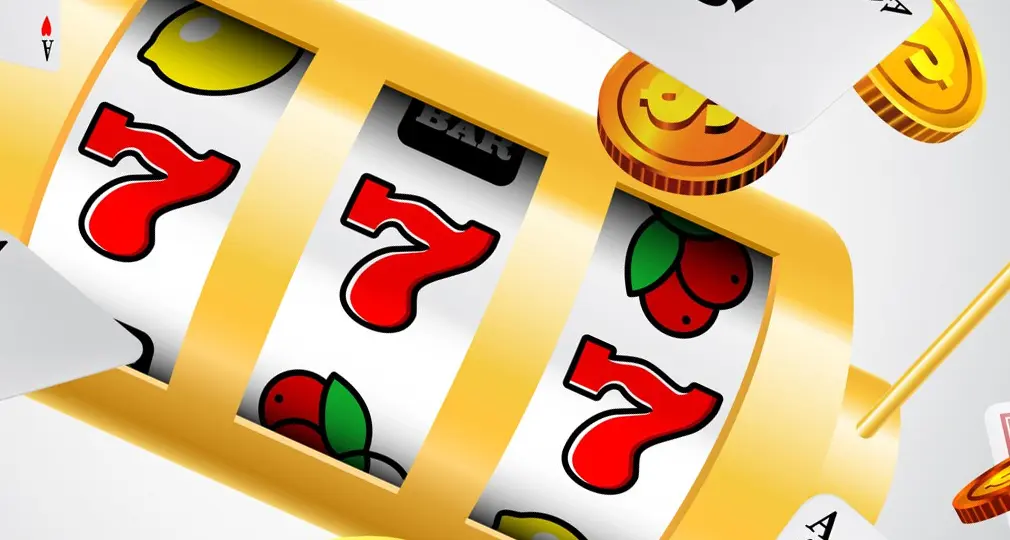When a casino faces the decision between offering in-house developed gaming content or branded slots, it can be difficult to determine which option will be more effective in terms of both short-term and long-term profitability.
The Importance of Game Selection
Casino operators should not underestimate the significance of game selection. It can determine whether a player continues to engage with a casino regardless of winning or losing. Game providers understand that even the name of a slot can impact player interest. This leads to the fundamental question: should a casino opt for in-house developed content or branded slots? Which option will attract more attention and retain players longer?
Opinions among game providers are divided on this matter. While branded content is often regarded as a key tool for attracting and retaining players, there are risks involved. When a licensing agreement for branded content expires, casinos must find ways to keep players engaged without it, even though it may have been the main attraction in the first place.
Given the ongoing debate among game providers, it is crucial to analyze the differences between these content types. What holds more value—the familiarity of a well-known brand or the quality of game design? Considering that certain brands may have only temporary popularity, is branded content truly a worthwhile investment in the long run? Does branded content offer a unique user experience compared to standard slots? And does this uniqueness matter?
To shed light on these questions, industry experts have shared their insights on the topic. The question remains: which product is more successful? The answers suggest that there is no definitive solution to this complex issue.
The Value of Branded Content
Branded content plays a significant role in the gaming industry. If it were not effective, developers would not have invested in it for over a decade. Market research indicates that players often seek games that resemble their favorite TV shows, movies, or characters. When browsing an online casino, a player encountering a familiar icon—such as a popular superhero—may be more inclined to choose that slot over others. For this reason, branded slots are frequently used in casino marketing and promotional campaigns.
However, branded games do not gain popularity overnight, and if they are poorly designed, they may never succeed. The process of creating these games is complex and resource-intensive. Developers must secure brand partnerships, negotiate contracts, study brand identity, select appropriate game mechanics, and ensure compliance with licensing requirements. It can take a year or more to bring a branded slot to market.
Given these challenges, can branded content be deemed more successful? Not necessarily. The key lies in maintaining a balanced portfolio. Branded games constitute only a small fraction of the offerings from major developers, emphasizing that quality matters more than quantity.
Balancing Branded and In-House Content
The combination of branded and in-house developed content is essential for a well-rounded gaming portfolio. Neither type should be prioritized over the other. Together, they create a diverse and engaging gaming selection. While branded content helps attract players, in-house games ensure long-term retention.
One challenge with branded content is that substantial licensing fees can sometimes compromise game design. While recognizable brands can initially draw players in, it is the quality of gameplay that retains them. If too many resources are allocated to licensing, game mechanics may suffer, leading to a less engaging experience.
On the other hand, in-house slots offer more creative freedom. Developers can experiment with mechanics, themes, and features without being constrained by licensing agreements. This flexibility allows for innovation and helps create unique gaming experiences that can foster long-term player loyalty.
Innovation in Slot Development
Over the past decade, the slot industry has seen limited innovation. While visual and thematic improvements have been made, fundamental mechanics have remained largely unchanged. Branded slots introduced some level of novelty, but their core gameplay is often similar due to licensing restrictions, making differentiation challenging.
Recognizable brands undoubtedly aid in marketing and customer acquisition. However, many players ultimately prefer original, creative in-house games. Companies that focus on such content can tailor their offerings to specific audiences, ensuring that their games meet evolving player expectations.
Recent innovations, such as interactive slot mechanics, aim to redefine gameplay. For example, new features allow players to engage with reels in novel ways rather than simply pressing the spin button. As mobile gaming continues to grow, providing customized and interactive gaming experiences is becoming increasingly important.
Conclusion
There is undoubtedly a place for branded content in the market, as it serves as an effective tool for attracting new players. However, when considering long-term engagement and innovation, in-house developed content often proves to be the superior choice. Striking a balance between the two ensures that both casinos and players benefit from a diverse, high-quality gaming experience.
Read more: Best US Online Casinos












